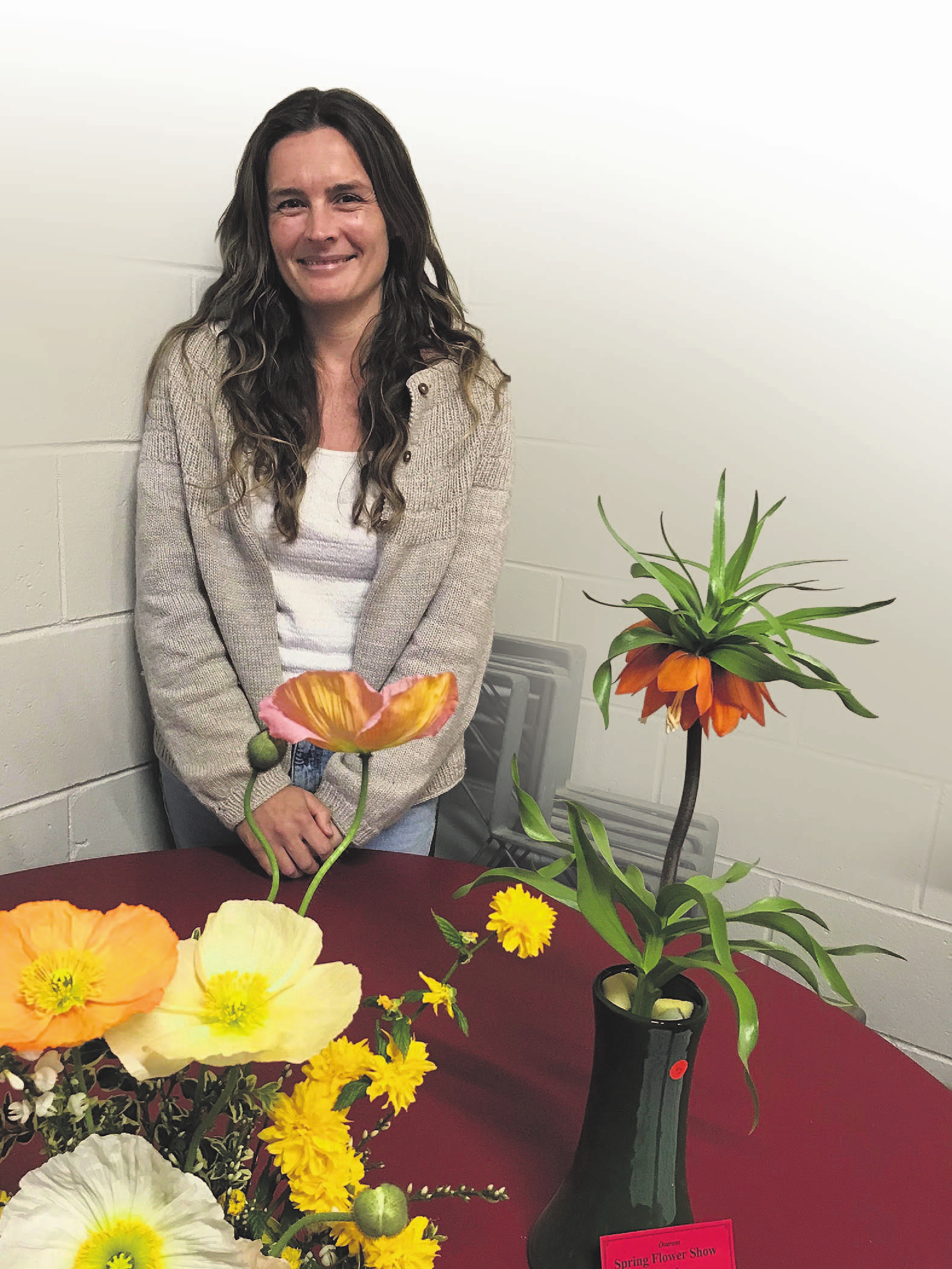Gillian Vine meets a prizewinning Taieri gardener.
"I have a bit of a thing for fritillarias," Keryn Luke says.
It was fitting, then, that at the Outram Flower Show last month her giant orange crown imperial (Fritillaria imperialis) was adjudged champion bloom.
She has several smaller species in her garden near Henley and is growing some from imported seed.

"The bones of the garden were here," Keryn says.
Large trees and a green-leafed smoke bush (Cotinus coggygria) were retained but after Keryn ran the lawnmower into a rockery no-one knew was there, the front garden was simplified with uninterrupted lawn, Shimidsu Sakura flowering cherries, silver birches and Whitespire birches with pure white trunks.
Elsewhere, the garden was extended to enable Keryn to develop Riverbend Flora, which she started five years ago, growing an extensive range of flowers for weddings and events.
The former calf paddock behind the house now is bright with rows of tulips and ranunculus, with astilbes — "they dry well" — starting to raise their ferny foliage in a damp corner.
The only down side is a young rabbit. "One bunny can do a lot of damage" and although spaniel Milly has tried to catch it, the pesky creature dives into its home under a shed.
Nearby, a greenhouse is a picture with poppies and ranunculus, all grown from seed, and shelves above the flowers have punnets of homegrown annuals waiting to be planted out. Zinnias will take over in summer, one of the few plants that don’t mind the heat.
Another bed, once a vegetable plot, has long-stemmed anemones and more ranunculus, including some superb double creams and soft pinks, colours always popular with brides.
"The show stoppers for a wedding I’m doing this weekend will be ranunculus," Keryn said on Tuesday.
She has not had a problem with the mildew that other gardeners say is a problem on ranunculus and thinks the seaweed fertiliser she uses may be helping deter it.
She sows seed in February and plants out the seedlings about a month later. Some she planted out on April 2 this year are in full bloom now.
For Riverbend Flora to be successful, Keryn has to have blooms in succession, so peonies will start flowering soon, then lilies and annuals such as larkspur and cornflowers, and later asters, which flower when many other annuals are past their best. Two extensive dahlia beds reflect the current popularity of these old favourites and the increasing range of softer tones that are taking over from the strident reds and oranges of yesteryear.

Some of the flowers for Riverbend Flora are integrated into the decorative garden. Flowering brooms, for example, look good in shrubbery areas but are "great" for cutting.
In flower now are trilliums that came from the garden of Keryn's great-aunt Lillian.
"This year, they’re magnificent," Keryn says. "It’s lovely to have plants [like these] with stories."
The lilacs are also at their peak.
"I’m quite a fan of lilacs," Keryn says.
"I think I have about 10 varieties and Sensation with its two-toned flowers is my favourite."
Another favourite is a double white, while others from lavender to deep purple are dotted around the garden.
An unnamed 8-year-old tree paeony is, as she rightly says, "breath-taking", as the balled buds unfurl into salmony-coloured gems.
"I suppose I’m a plantswoman," Keryn says.
"I love plants so much, I just keep putting more in here and there."
The result, she says, is, "ever changing".
"And it’s lovely."















